Survivors of the Sept. 11 attacks and New York City councilmembers are pressing Congress to boost funding for a 9/11 health program that supports victims of related illnesses, warning it could run out of money before the decade ends.
Officials report that since 2011, the World Trade Center Health Program has delivered cancer treatment, respiratory care, and mental-health support to over 140,000 survivors—but with funding deemed “insufficient,” the program warns it will be forced to stop accepting new patients as soon as 2027.
“This program saves lives,” 9/11 survivor John Feal declared Wednesday morning on the steps of City Hall, calling its free early cancer detection and treatment for 9/11-related illnesses a true "lifeline."
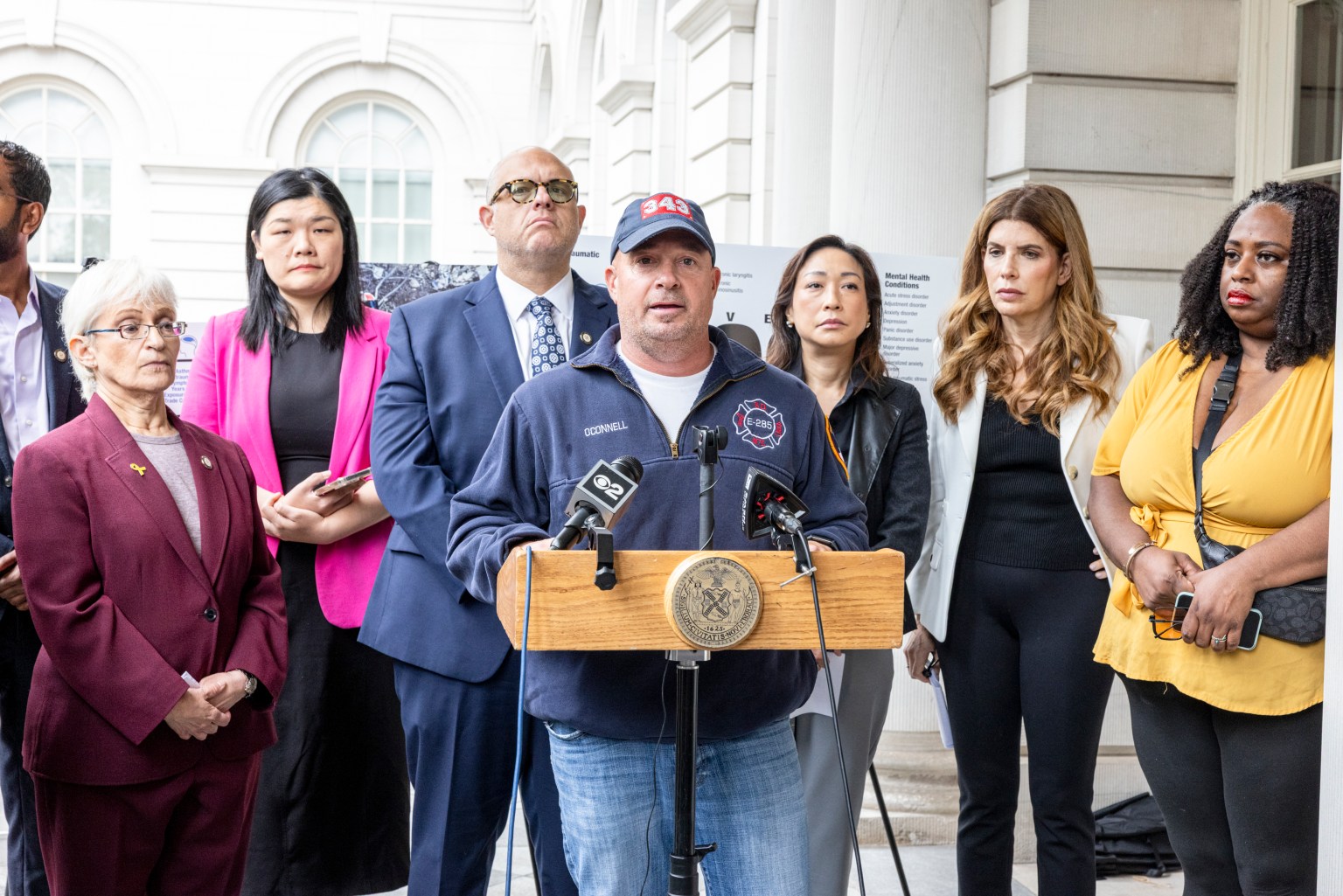
Retired FDNY Lt. Michael O’Connell advocates for the passage of the new funding formula.
The federal 9/11 Responder and Survivor Health Funding Correction Act of 2025 aims to revise the CDC-run program’s funding formula, tying allocations to annual enrollment levels through 2090.
A New York City Council resolution slated for introduction Wednesday urges Congress to swiftly pass the measure without delay.
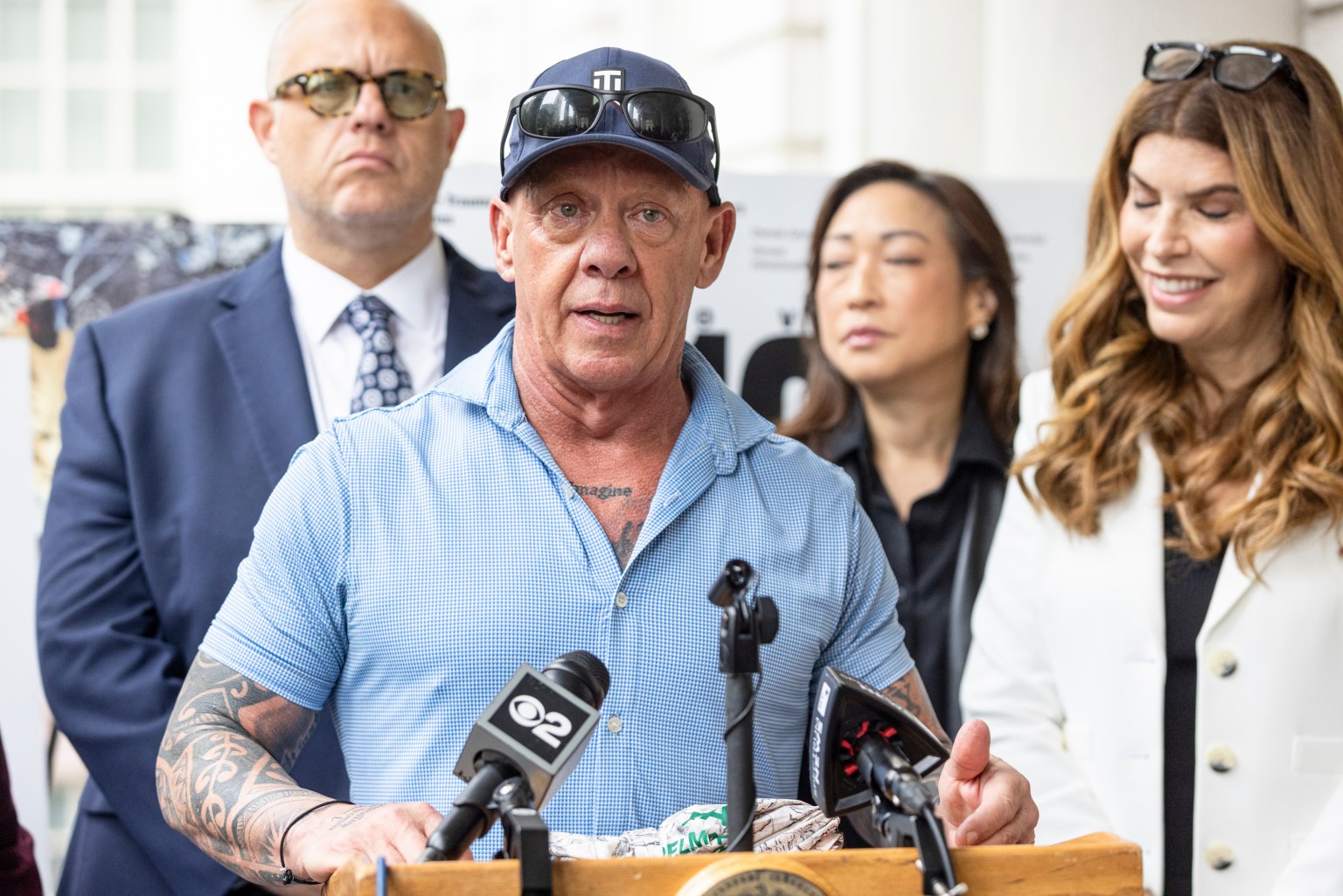
John Feal, a Sept. 11 survivor, called the federal health program a “lifeline.”
“It is totally outrageous that we have to be out here asking for funding,” councilwoman Julie Menin said, moments before blasting U.S. Department of Health Secretary Robert F. Kennedy Jr. for gutting the agency overseeing the program and playing “Russian roulette with people’s lives.”
Attorney Michael Barasch, who advocates for more than 40,000 clients, revealed a sobering reality: he loses an average of two clients every day, while at least a dozen more reach out to his firm each week seeking help.
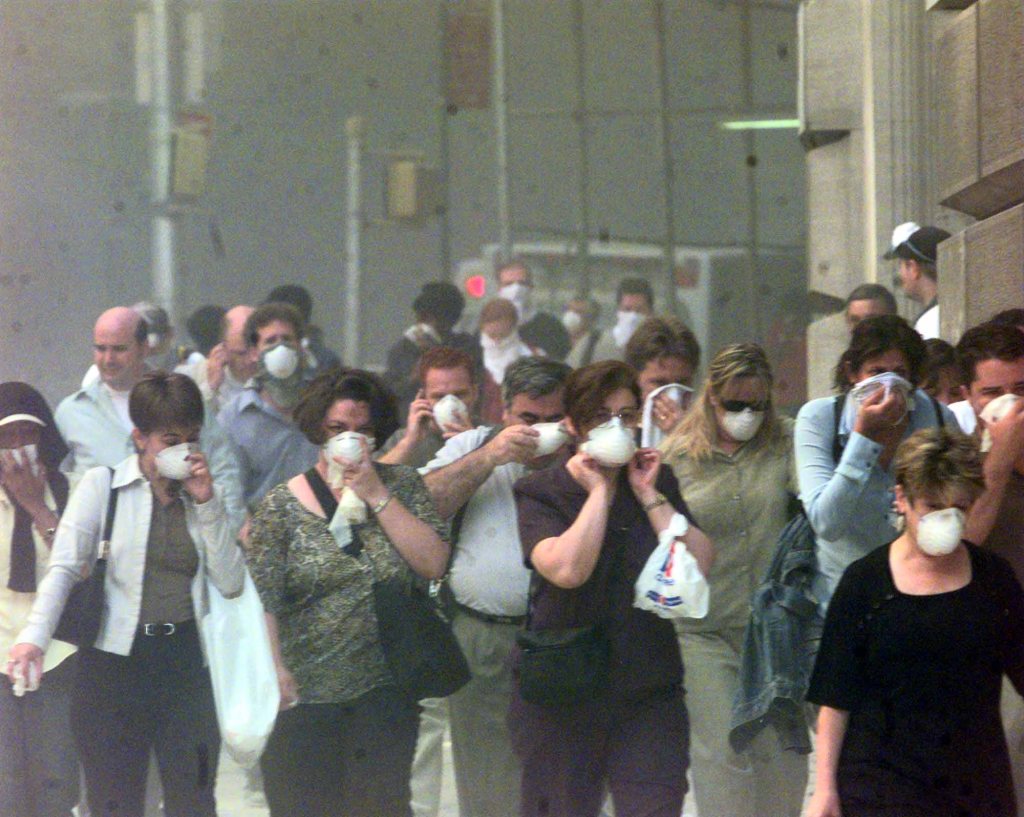
Attorney Michael Barasch reports he loses two clients per day to 9/11-related illnesses.
“It’s going to get even worse” with time, he added, as more people get sick from cancers with longer latency periods.
“They should agree that they made a promise to never forget,” Barasch said.
“Well, they’re forgetting.”
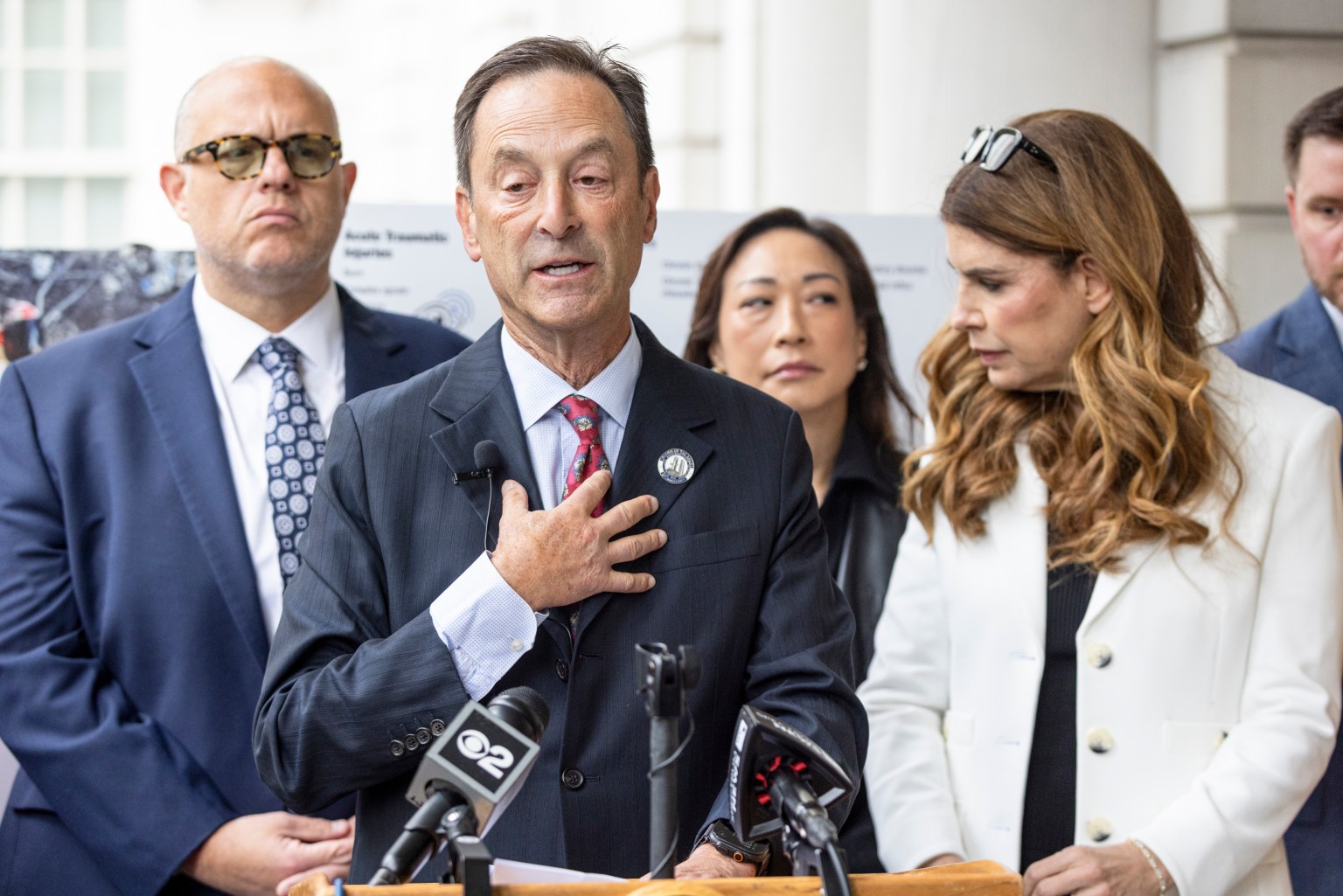
Attorney Michael Barasch said recently-diagnosed survivors currently endure a six-month waiting period.
Jason Cousin is among a growing number of first responders expressing deep concern that critical funds may be depleted before they receive the support they urgently need.
At 49, Cousin battles deteriorating sinuses and severe emphysema that has left his lungs riddled like "Swiss cheese," alongside the relentless grip of PTSD and crippling panic attacks.
Cousin said his chronic lung disease is the sole condition eligible for coverage under the program, leaving him feeling "lost in the dark" by the very group that had vowed to stand by 9/11 heroes.
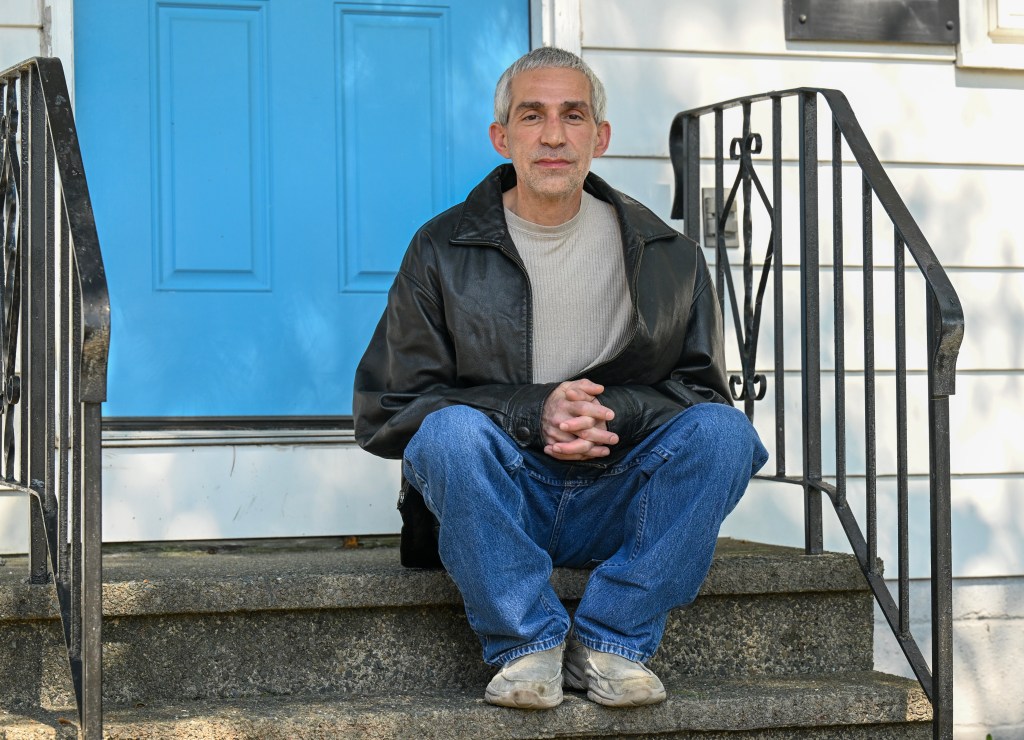
Jason Cousin is one of many first responders who are “highly concerned” that the money will run out before his turn.
Cousin, along with his fellow volunteer firefighters from Brookhaven, Long Island, rushed to pull victims from the rubble within hours of the attacks. They remained on the site for over a week, inhaling a relentless cloud of cement, asbestos, silica, and glass particles as they worked.
“They told us that there was no toxins in the air or anything like that,” Cousin recalled. “They gave us two N95 masks and within about a minute, it was so obstructed with dust that you couldn’t even wear it.”
Since 2023, Cousin has depended on costly medications to aid his breathing and endured an arduous 10-hour surgery to reconstruct his sinuses.
He submitted a claim to the program in March and is still waiting for the first appointment he was offered, now scheduled for later this month.
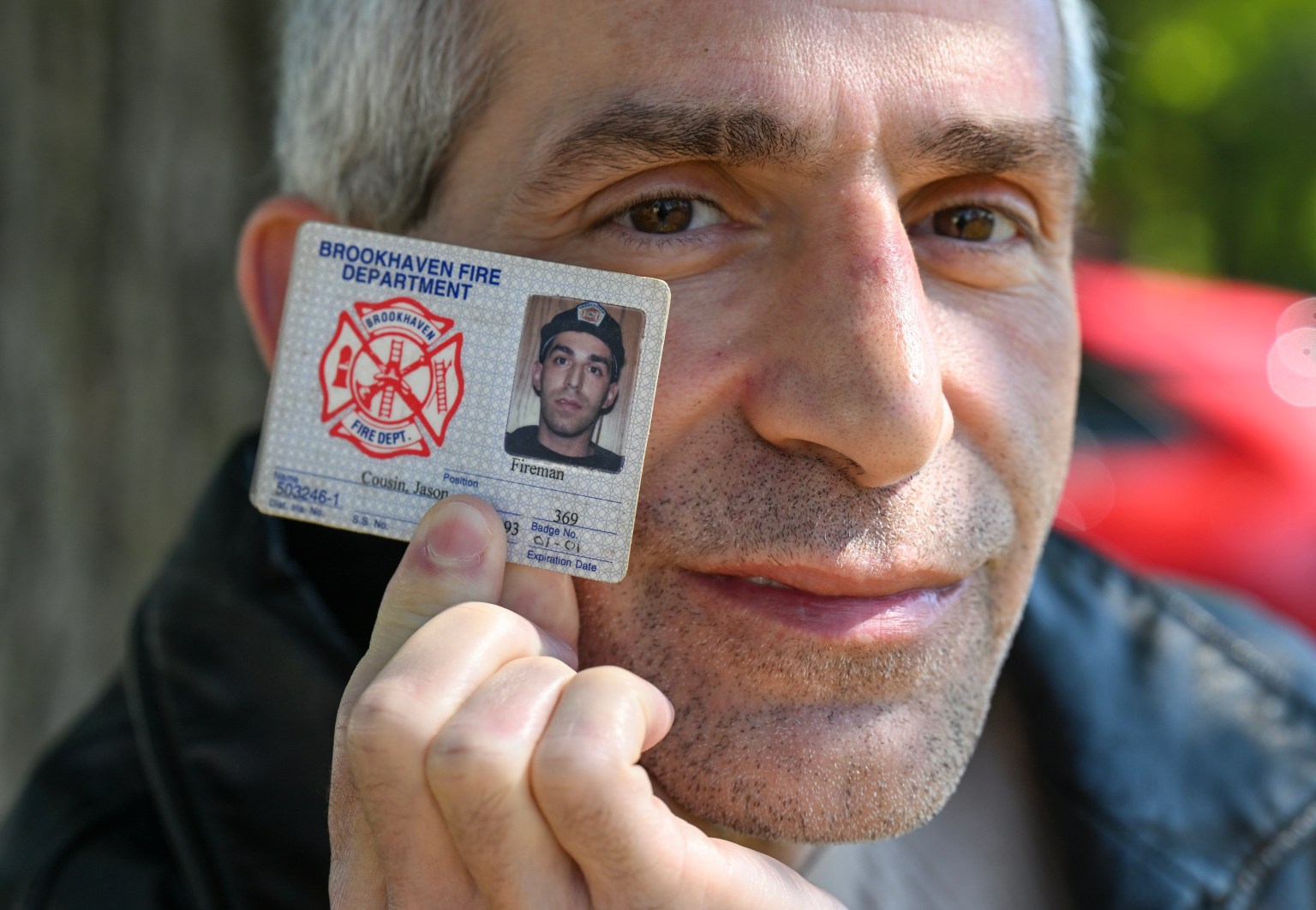
Cousin told The Post he feels “lost in the dark.”
But Cousin fears he may be deemed 'not sick enough' to qualify for coverage — his lung capacity must fall below 70% at the time of his appointment, an arbitrary threshold he hovers around every day.
Cousin’s attorneys caution that, even if his claim is approved, it could take another two years before he actually receives any funds.
“Two years? That’s not good enough; my husband is going to be an emotional wreck by then,” said Cousin’s wife Shannon.
Meanwhile, the couple has depleted over $100,000 in savings, taken on personal loan debt, and relocated to a more affordable town upstate to manage the crippling expenses.
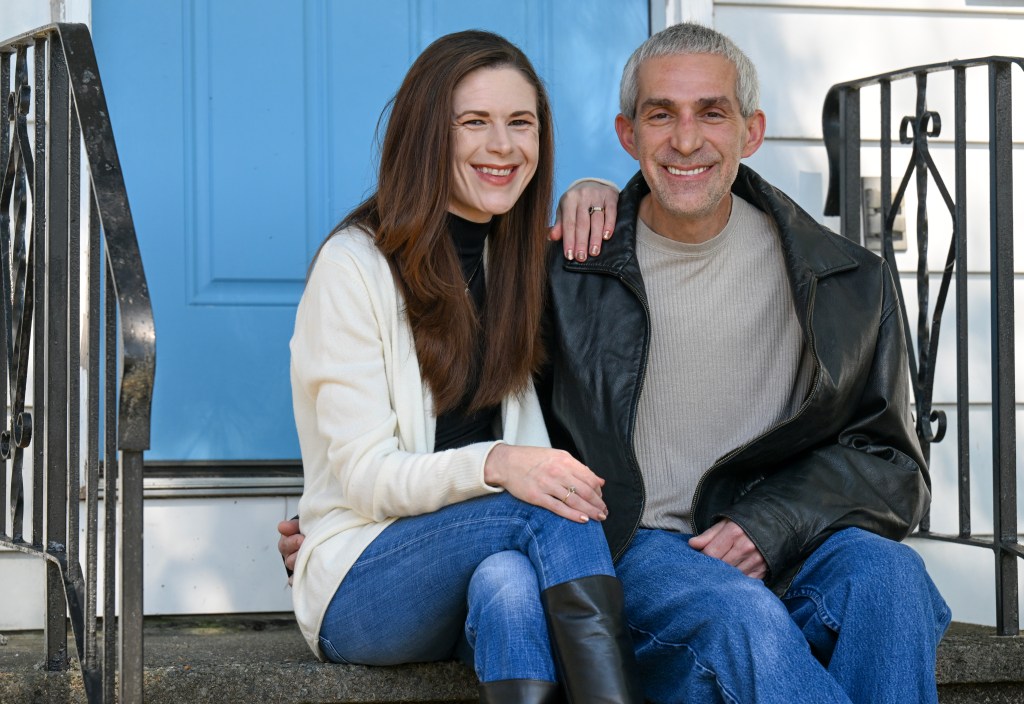
“Two years? That’s not good enough,” Cousin’s wife grieved.
This month, they turned to a GoFundMe campaign in a desperate effort to stay afloat amid mounting medical bills.
Despite the hardships, Cousin said he has "no regrets" about answering the call to serve on 9/11.



























